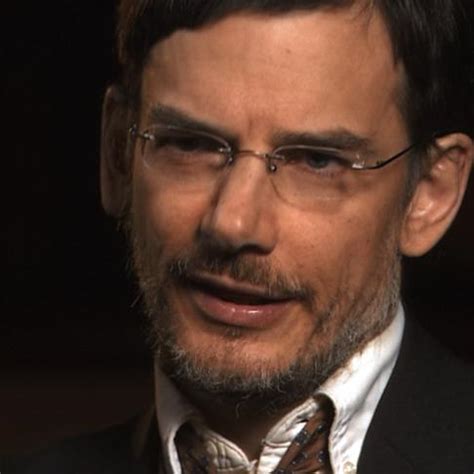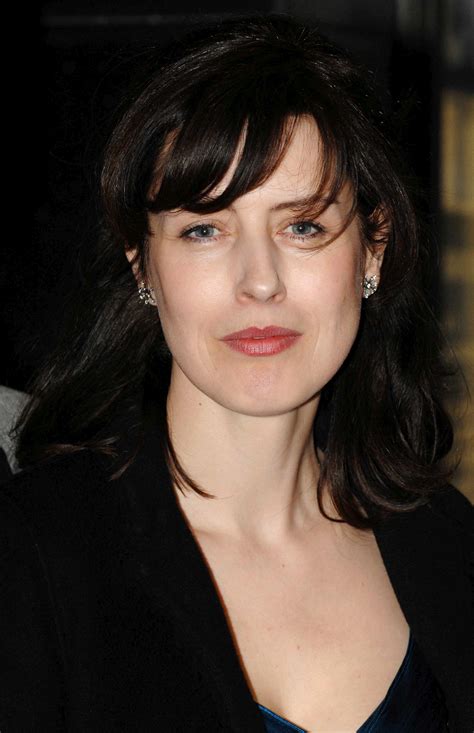A Quote by Quentin Smith
The thesis that the universe has an originating divine cause is logically inconsistent with all extant definitions of causality and with a logical requirement upon these and all possible valid definitions or theories of causality.
Quote Topics
Related Quotes
In other words, the propositions of philosophy are not factual, but linguistic in character - that is, they do not describe the behaviour of physical, or even mental, objects; they express definitions, or the formal consequences of definitions. Accordingly we may say that philosophy is a department of logic. For we will see that the characteristic mark of a purely logical enquiry, is that it is concerned with the formal consequences of our definitions and not with questions of empirical fact.
The question of causality is complex. For some philosophers and physicists, time might not exist. And since cause-and-effect reasoning needs the concept of time - of one thing preceding another - the effort to establish causality is a mug's game, an infinite regression of increasingly unanswerable questions.
When confronted with a demand that the universe have a cause, infidels have usually pointed out that God was not much of an explanation. This is true enough, but not really a positive argument. After mechanistic explanation became popular, infidels liked to restrict causality to the chain of causes in an eternal material universe, pointing out that no supernatural cause was then necessary. Plausible, but still rather defensive. Today's skeptic can do better. In all likelihood, the universe is uncaused. It is random. It just is.
The world's definitions are one thing and the life one actually lives is quite another. One cannot allow oneself, nor one's family, friends, or lovers - to say nothing of one's children - to live according to the world's definitions: one must find a way, perpetually, to be stronger and better than that.
Art. Its definitions are legion, its meanings multitudinous, its importance often debated. But amid the many contradictory definitions of art, one has always stood the test of time, from the Upanishads in the East, to Michelangelo in the West: art is the perception and depiction of the sublime, the transcendent, the beautiful, the spiritual.









































